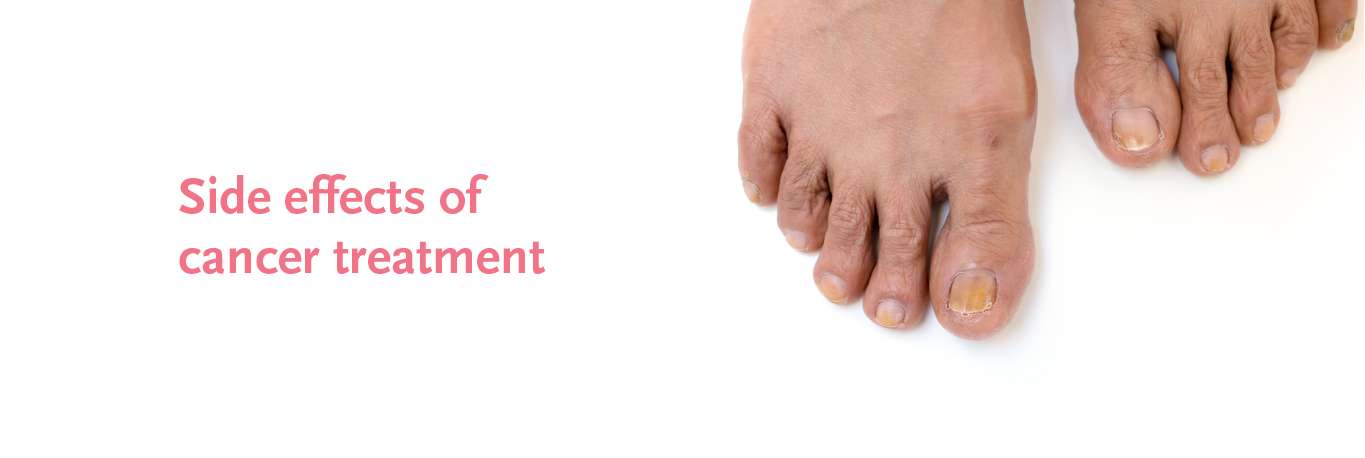Things you need to know
- Side effects after the cancer treatment are a sign that the healthy cells have been damaged
- Cancer patients may suffer from side effects of cancer after years of getting the treatment done
- It’s important to note that side effects differ from individual to individual, even among those getting the same cancer treatment
Survivors of cancer: Long-term consequences of therapy
It’s important to examine, treat, and manage the long-term effects of cancer treatment on survivors. Complications depend on the type of cancer and the location in the body where cancer had earlier been affected.
Radiation therapy and increased dose of chemotherapy have may lead to adverse side effects. Every patient’s body may respond differently to the treatment, and so will be the side effects of cancer on their body, and to know the severity of the side effects, consult your specialist.
Side effects from different treatments:-
Chemotherapy Side effects
Remember, it’s difficult to analyse each individual’s side effects. Here are some common cancer chemotherapy side effects.
- Feeling sick (vomit and nausea)
- Getting tired quickly or feeling tired all the time
- Hair loss (common but does not happen to everyone)
- Diarrhoea and feeling constipated
- Reduce body’s ability to fight infection
- Lowering the count of red blood cells, therefore, increasing the risk of anaemia
- Bleeding gums
- Easily bruised skin
- Sore mouth, dry mouth, or bad breath
- Loss of appetite
- Temporary changes to the skin and nails
- Problem in concentration affecting memory
- Sleep problems leading to insomnia
- May affect sexual and fertility
- Risk of early menopause
Side effects of radiation therapy
- Feeling exhausted and tired all the time
- Risk of teeth problems like cavity and tooth decay
- Risk of early menopause
- SKin allergies or problems like sore skin and red skin
- Weak bones leading to osteoporosis
- Diarrhoea
- Loss of appetite
- Risk of lung diseases
- May affect fertility
- Intestinal issues
- Affect concentration and memory
- Loss of hair
- Lymphedema (swelling in arms or legs)
Side effects of hormone therapy
- Fatigue and tiredness
- Feeling nauseated
- Flashes of heat
- Risk of erectile dysfunction in men
- Vaginal discharge, irritation, and dryness in women
- Low sexual drive
- Increased risk of fractures due to loss of bone mass
- Increased weight
- Problems with memory
Ways you can deal with cancer treatment side effects
- Consume home-cooked vegetables and eat fresh fruits only. Avoid fruits and vegetables which contain seeds, and also avoid eating broccoli, cabbage, corn, and peas as they can cause digestive issues.
- Focus on having frequent short meals instead of 3 large full course meals and always eat warm food instead of cold and unhealthy food.
- Cleanse your mouth well before you start eating to improve the taste of food.
- To decrease the metallic taste, you can eat fruits, puddings, flavoured milkshakes to improve the taste of the mouth
- Add more pleasant flavours and aroma in the food you eat to improve food smell and taste
- Eat food rich in protein and healthy fat like eggs, fish yoghurt, beans, low-fat ice cream, etc.
FAQs
How many days after chemo do you feel better?
After chemotherapy, it takes approximately two to three months to feel better and lively. But each person’s treatment is different, so recovery time might also differ.
What percentage of chemo patients survive?
The success rate of every chemo patient differs, and there isn’t any fixed percentage to define the survival rate. Consult your specialist for a better understanding.
How many rounds of chemotherapy are considered normal?
Approximately 4 to 8 cycles of therapy are required over the course of treatment. Since after each round, your body needs rest, the number of cycles and duration of treatment varies.
